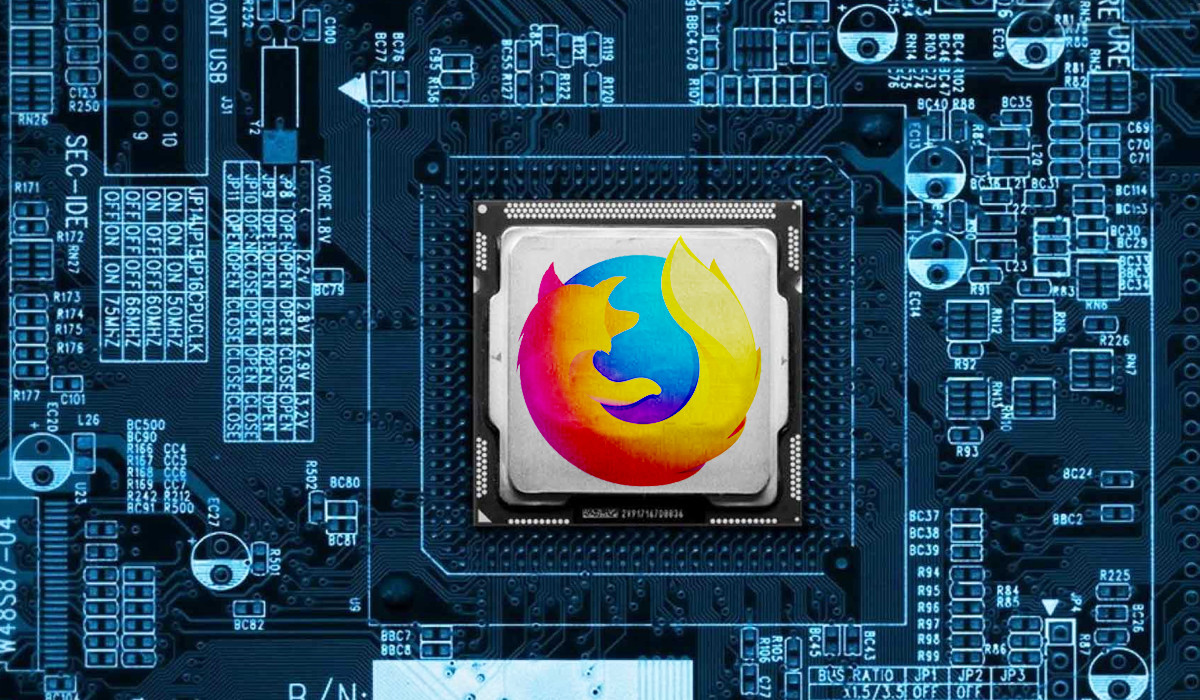Lavabit secure email service resurges from its ashes
Maybe some Lavabit mail service does not ring you. It may seem to those who do sound like something that was already far away in time. No wonder, considering we talked about it for the first time no less than four years, when we defined it as “a mail service that guarantees our privacy.” The mail service had to close due to legal pressures (some came from the FBI), but now the one that Snowden’s favorite mail service is reported to be staying on is The Next Web.
 Not only does it return to stay, but one of its founders promises that it will be “safer than ever” and stronger. For now the service is available to former users (who can re-use their access credentials) and will soon admit new users. For now Lavabit will offer new subscribers 5 GB of space for about 30 dollars per year.
Not only does it return to stay, but one of its founders promises that it will be “safer than ever” and stronger. For now the service is available to former users (who can re-use their access credentials) and will soon admit new users. For now Lavabit will offer new subscribers 5 GB of space for about 30 dollars per year.
The renewed service will implement two security technologies : on the one hand Darl Mail Internet Environment or DIME, a proprietary encryption solution that they already tried to implement in 2013 through Crowdfunding, and on the other hand Magma, a fully open source mail server. DIME would ensure privacy by encrypting every part of an email (including content and metadata) so that there is no visible information at first glance that facilitates government espionage.
Three different encryption modes
Lavabit offers three types of encryption from which to choose, depending on the trust you want to deposit into the service and how much you need them. They are the following:
- Trustful mode : lavabit servers are responsible for encrypting the message while allowing you to access your account from multiple devices.
- Cautious Mode : allows encryption between points so that Lavabit servers are responsible for securing or decoding your messages.
- Paranoid Mode : is designed for those who need absolute privacy, people like journalists or secrets revealers. Only the account owner has access to their encryption key, and to use the account on more than one device you will have to manually transfer that key to the device in question.
They are good news for users who care more about their privacy.







